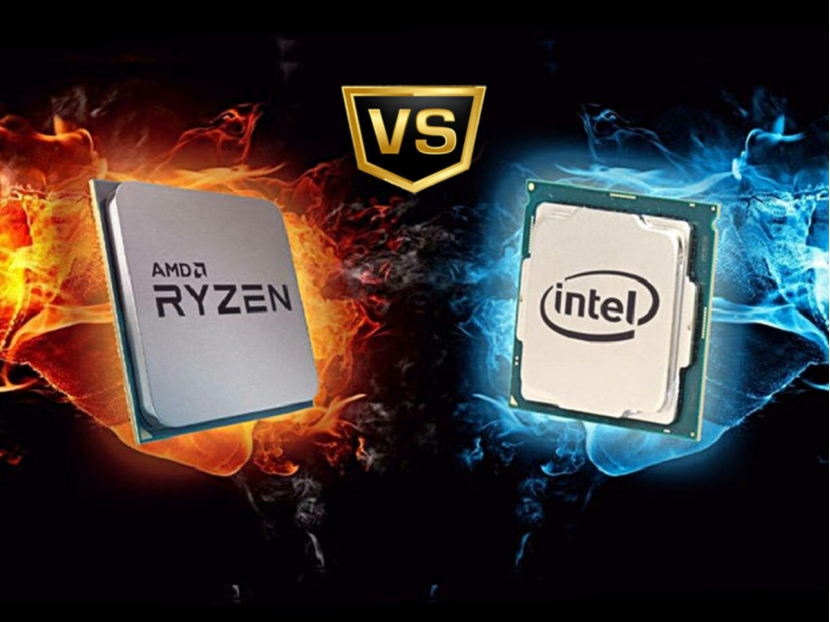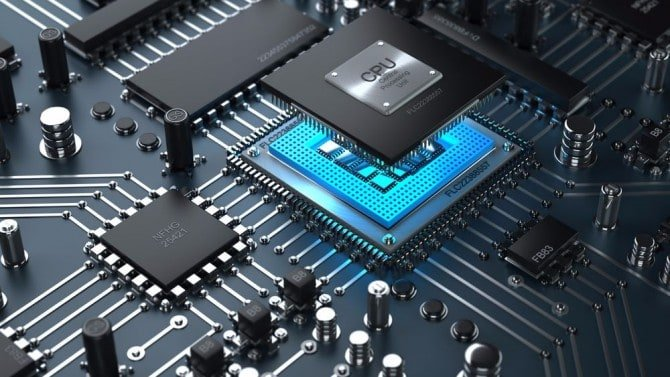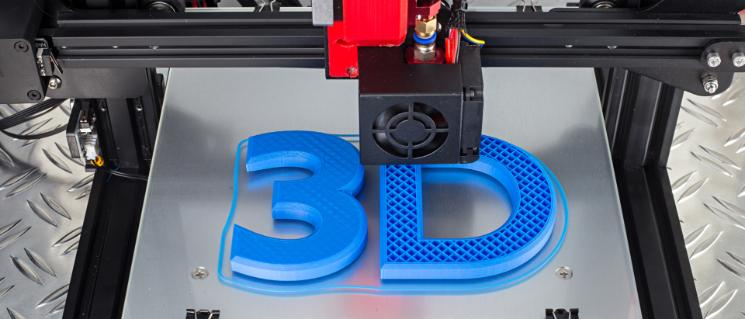Intel or AMD Ryzen? How to Choose the Right Processor for You
It's a question that has been asked for years: Intel or AMD Ryzen? Both processors have their pros and cons, and it can be tough to decide which one is the right choice for you. In this blog post, we will break down the differences between Intel and AMD Ryzen processors so that you can make an informed decision about which one is best for your needs.

What are the differences between Intel and AMD Ryzen processors?
When it comes to processors, there are two main types: Intel and AMD Ryzen. Both have their own benefits and drawbacks, so it's important to know the difference before making a decision. Now, let's take a more in-depth look at the key differences between them.
Clock speed
One of the most important differences between these two processors is clock speed. AMD Ryzen processors have a higher base clock speed than Intel processors, meaning they can handle more tasks simultaneously without slowing down. However, Intel's Turbo Boost technology allows their processors to reach higher speeds when needed, so they may still be a better choice for power users who need the extra performance.
Cores
Another key difference is the number of cores each processor has. AMD Ryzen processors offer more cores than Intel processors, which means they can handle more tasks at once. This makes them a great choice for gamers or anyone who needs to multitask frequently. However, more cores also mean that AMD Ryzen processors require more power, so they may not be the best choice for laptop users who need to conserve battery life.
Cache
Cache is a type of memory that is used to store frequently accessed data. AMD Ryzen processors have larger caches than Intel processors, which means they can access data more quickly. This can be beneficial for gamers or anyone who needs to process large amounts of data quickly.
I/O and memory performance
One area where Intel processors outperform AMD Ryzen processors is in I/O and memory performance. This is due to the fact that Intel processors use a newer technology called DDR (double data rate) which allows for faster data transfer rates. AMD Ryzen processors are still using the older DDR technology, so they can't keep up with Intel in this area.
Price
When it comes to price, AMD Ryzen processors are typically more affordable than Intel processors. This is due to a variety of factors, including the fact that AMD produces its own chipsets and doesn't have to pay licensing fees to Intel. If you're on a budget, AMD Ryzen is the way to go.
Support from software vendors
One potential downside of choosing an AMD Ryzen processor is that they are not as widely supported by software vendors as Intel processors. This means that you may have difficulty finding compatible software or drivers for your AMD Ryzen processor. However, this is changing as more and more software vendors are beginning to support AMD Ryzen processors.
Conclusion

Now that you know the key differences between Intel and AMD Ryzen processors, you can make an informed decision about which one is right for you. If you need a processor that can handle a lot of tasks simultaneously or process large amounts of data quickly, then AMD Ryzen is a great choice. If you need a processor that is compatible with a wider range of software or is more affordable, then Intel is a better choice. Ultimately, the decision comes down to your personal needs and preferences. We hope that this blog post has helped you to better understand the key differences between these two processors so that you can make an informed decision about which one is best for you. Thanks for reading!
Copyright © 2023 guideforests.com. All rights reserved.






